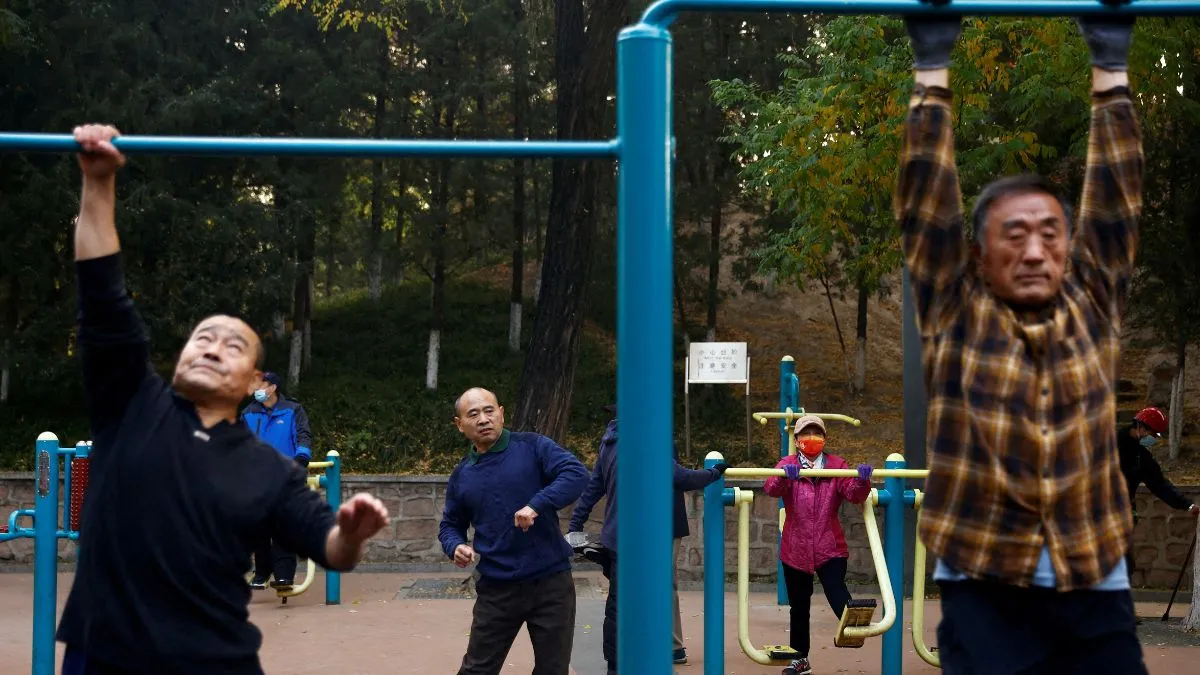China Retirement Age Reform: Tackling Aging Population and Economic Growth

Understanding China's Retirement Age Reform
China's retirement age reform represents a crucial response to its aging population and workforce decline. This governmental initiative will gradually raise retirement ages starting in 2025, with the retirement age for men moving from 60 to 63, and for women from between 50 to 55 to 55 and 58 respectively. These changes aim to address the pressing issues within the China pension system and mitigate risks posed by a projected demographic crisis.
Key Factors Driving the Reform
The prime motivation behind this reform is the alarming demographic changes China is experiencing. As reported, individuals aged 65 and older constituted 14.2% of the population in 2021, a figure set to soar to 30% by 2035. This rapid aging, alongside a declining youth population, has incited fundamental shifts in the Chinese economy and the broader labor market.
Public Reaction to the Changes
Despite the reform's potential benefits, there is widespread concern and resentment among the Chinese population, particularly among middle-aged workers. Many fear rising job insecurity and delayed access to pensions amidst growing age discrimination. Online platforms reflect a chorus of discontent, emphasizing that while change is necessary, the path to these reforms needs careful management to ensure worker stability.
Disclaimer: The information provided on this site is for informational purposes only and is not intended as medical advice. We are not responsible for any actions taken based on the content of this site. Always consult a qualified healthcare provider for medical advice, diagnosis, and treatment. We source our news from reputable sources and provide links to the original articles. We do not endorse or assume responsibility for the accuracy of the information contained in external sources.
This article was prepared using information from open sources in accordance with the principles of Ethical Policy. The editorial team is not responsible for absolute accuracy, as it relies on data from the sources referenced.